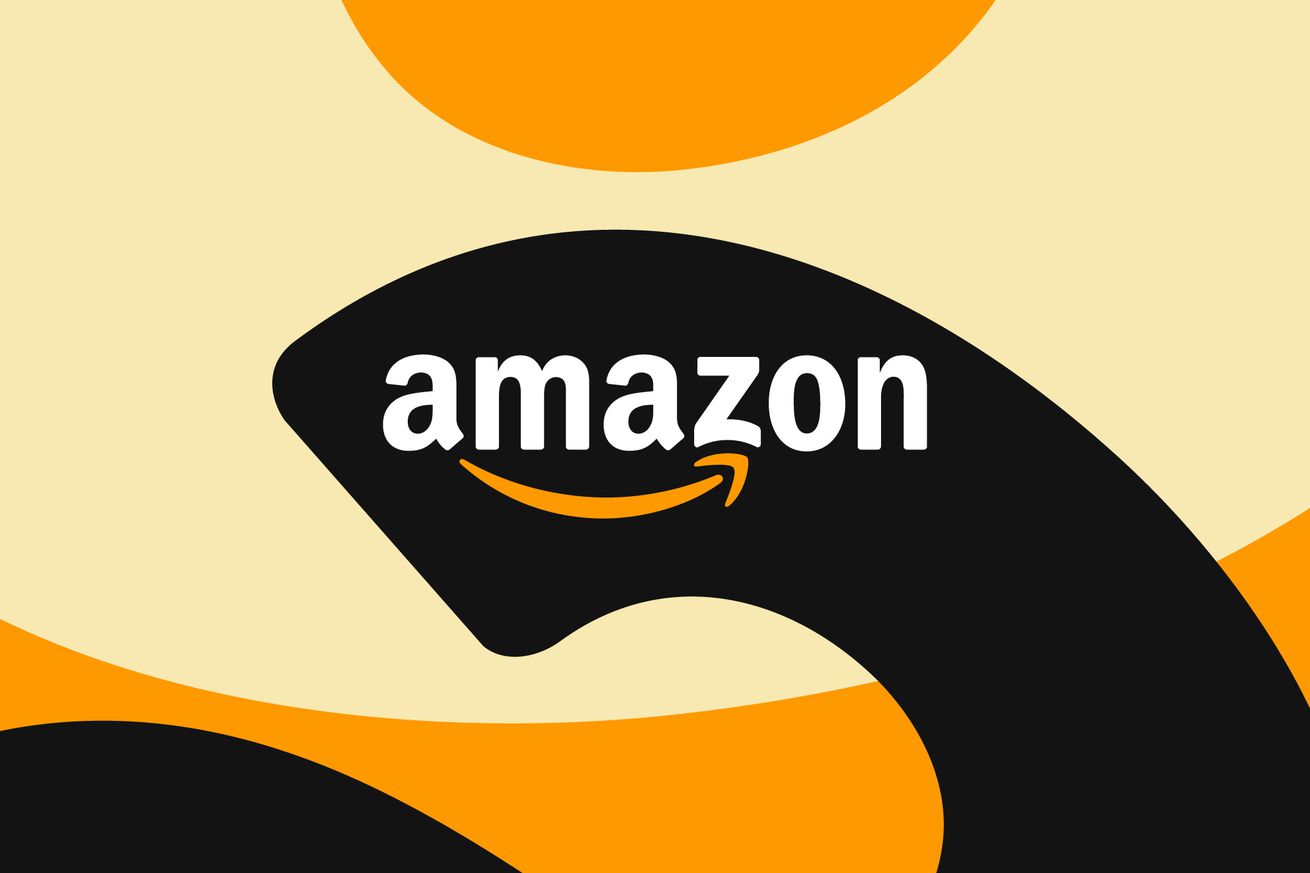
Amazon is dropping dozens of in-house brands you didn’t even know it owned
Amazon is slashing the number of in-house brands it offers on its marketplace. The retail giant plans on cutting 27 of its 30 private-label clothing brands as it looks to cut costs and stave off antitrust scrutiny, according to a report from The Wall Street Journal.
Over the years, Amazon has created dozens of private-label brands across a variety of departments, most of which operate without Amazon branding, such as Solimo, Wag, and Mama Bear. However, this cutback will leave Amazon with just three in-house clothing brands: Amazon Essentials, Amazon Collection, and Amazon Aware.
Additionally, the WSJ notes that Amazon is ditching some private-label furniture brands as well, including Rivet and Stone & Beam. Sources close to the situation tell the WSJ that Amazon will continue to sell products from the now-discontinued brands until they run out. As of 2020, Amazon had 243,000 products for sale from over 45 different private-label brands.
“We always make decisions based on what our customers want, and we’ve learned that customers seek out our biggest brands — like Amazon Basics and Amazon Essentials — for great value with high quality products at great price points,” Matt Taddy, vice president of Amazon Private Brands, tells The Verge in an emailed statement. Taddy adds that the company is “thoughtful” about its private brand selection and that it will retire any items that “aren’t resonating with customers.”
Amazon’s decision to streamline its private label business comes amidst a possible antitrust lawsuit from the Federal Trade Commission. While Politico reported last month that the FTC is readying a lawsuit against the company, the WSJ says Amazon is expected to meet with the agency next week as a “last-rites meeting.”
Amazon’s private label products could still be a target of regulatory scrutiny, as the company was accused of leveraging third-party seller data to create in-house items that compete with other brands in 2020. Last year, the WSJ reported that Amazon started scaling back the number of in-house products it sold to alleviate regulatory pressure.

